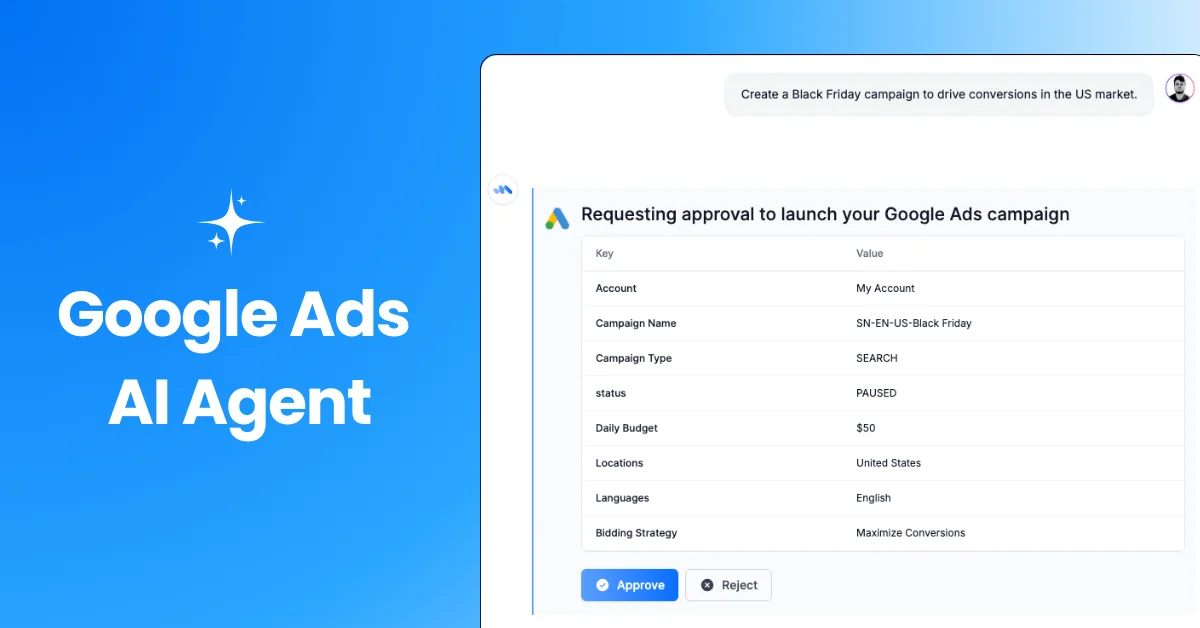Google announced a significant update to its Generative AI Prohibited Use Policy, focusing on clarifying the acceptable use of its AI tools across its products and services.
Key Policy Updates
While maintaining existing enforcement standards, Google has streamlined the policy language and reorganized prohibited behaviors into more logical categories. The refreshed policy, last modified on December 17, 2024, aims to provide clearer guidance on appropriate AI tool usage.
Core Prohibited Categories
Dangerous and Illegal Activities
The policy explicitly prohibits activities related to:
- Child sexual abuse or exploitation
- Violent extremism and terrorism
- Non-consensual intimate imagery
- Self-harm promotion
- Illegal substances and regulated goods
- Privacy and intellectual property violations
Security Considerations
Google emphasizes protecting service integrity by prohibiting:
- Spam, phishing, and malware distribution
- Infrastructure abuse and service disruption
- Circumvention of safety protocols
Content Restrictions
The policy addresses content-related prohibitions including:
- Hate speech and harassment
- Violence and its incitement
- Sexually explicit material
- Bullying and intimidation
Misinformation and Deception
Clear guidelines are provided against:
- Fraudulent activities and scams
- Unauthorized impersonation
- Misleading claims in sensitive sectors
- False representation of AI-generated content
Policy Flexibility
Google has introduced provisions for exceptions in specific cases where the benefits substantially outweigh potential risks, particularly for:
- Educational purposes
- Documentary work
- Scientific research
- Artistic expression
The updated policy maintains its fundamental protective measures while providing clearer guidance for users engaging with Google's generative AI tools.












